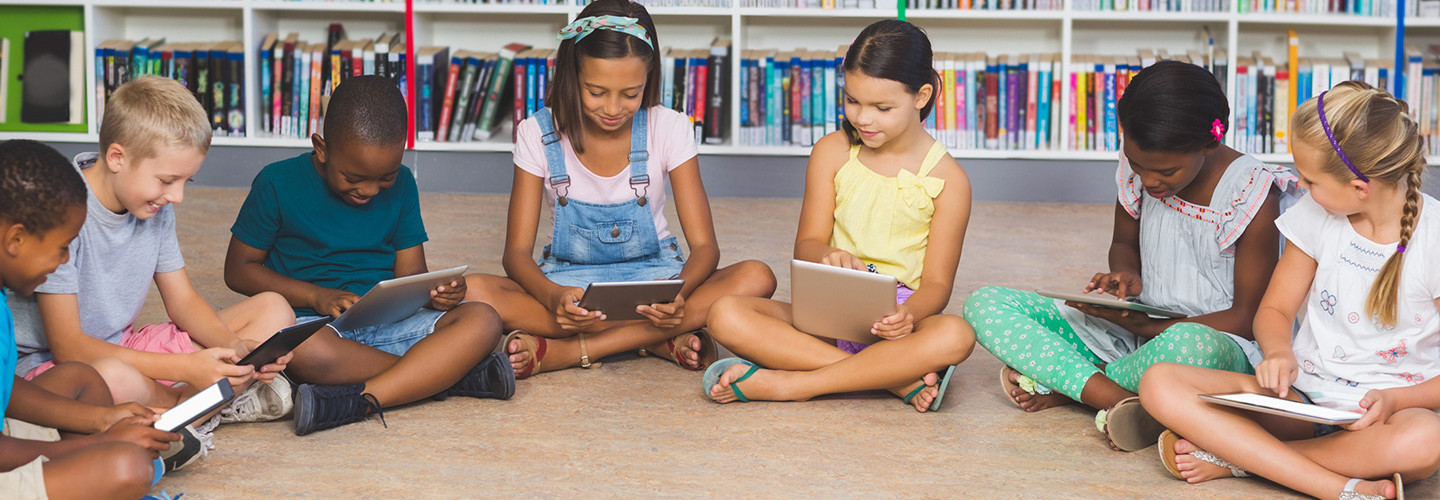Office of Innovation Helps Rhode Island with More Personalized Learning
Personalized learning has become such a high priority in K–12 education that the state of Rhode Island is pledging $2 million in a public-private effort to push forward initiatives, Education Week reports.
Put forward by the state’s Office of Innovation, this effort will support a spread of efforts to tailor education to student’s individual needs. The Office of Innovation’s former director — and recently named CEO of ISTE — Richard Culatta says the first step the state undertook was to define what personalized learning meant.
“You say personalized learning and 30 people in the room have eight different definitions of what that means,” says Culatta. “We tried to lay that definition out very clearly and concisely.”
In the state’s personalized learning white paper, the method is defined by three main components that are adjusted for each student’s needs. These components are:
- Pace of learning, or the time students need to engage with a learning objective.
- Learning objectives, or the specific learning goals a student is working toward.
- Instructional approach, or the activities, experiences, instructional groupings and resources used to support students’ learning.
Culatta urges that while the definition helps to make sure everyone is on the same page, it’s not prescriptive of what a personalized learning experience should look like.
“In each of these elements, educators and students take collective ownership to customize individualized learning experiences,” reads the white paper.
Another part of this effort is the Lighthouse Schools Challenge Grant, a challenge where schools will submit their models of personalized learning, and the state will choose schools to help facilitate a full-school rollout of this model.
“We hope that we will actually see multiple different designs from across the state,” says Culatta.
Setting a Precedent of State-Sanctioned Tech Initiatives
With no clear sign of the federal government pushing forward tech-filled education initiatives anytime soon, Education Week posed that this Rhode Island push could “signal broader shifts” where states step up to spur innovation in education.
Culatta also says the Office of Innovation started the program in hopes that the small state could serve as a model for the rest of the country.
“We went into this saying how Rhode Island could become a lab state for personalized learning,” he says. “I hope other states take our vision and run with it. We made it to be borrowed and used by others.”
Employing Technology to Aid in Personalization
Part of the Rhode Island vision for personalized learning is to be “technology-enabled, teacher facilitated.” Though the white paper indicates that tech is critical to help “students and families view learning progress in real time and across disciples and courses or learning experiences,” simply giving all students a device will not suffice.
Personalized learning is all about using technology mindfully, like how some schools are using it as a backbone to provide flexibility and agility. In the ISTE’s Standard for Students, technology is integral as a tool to help students be empowered learners — a key component of personalization.
“Students leverage technology to take an active role in choosing, achieving and demonstrating competency in their learning goals,” reads the standard.
When it comes to the technology schools can use for this, some effective tools aren’t that complicated. All of Google’s apps, from Docs to Forms, are great for differentiation, and some recent updates to Google Classroom have made it easier to create individualized learning plans.





